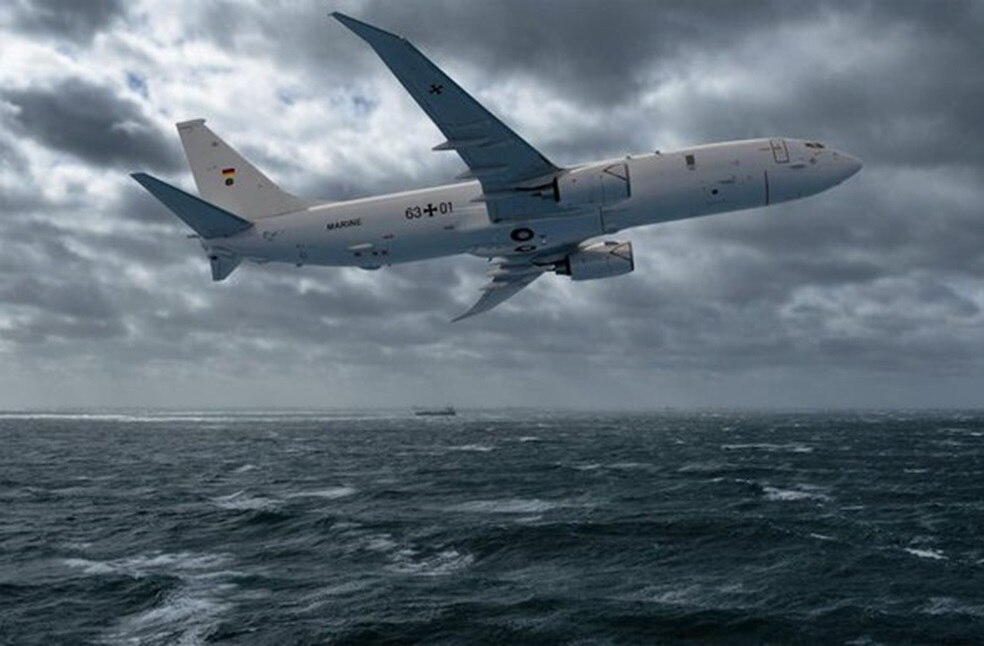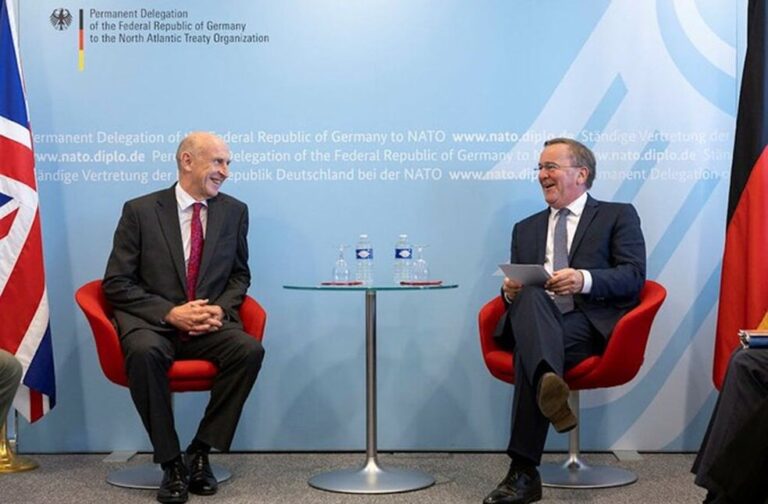London: Britain and Germany will sign a landmark defence agreement, marking the first such bilateral pact between the two largest defence spenders of Europe.
The ‘Trinity House Agreement’ aims to enhance military cooperation, with a focus on developing advanced weaponry and enhancing NATO capabilities on the eastern flank.
The agreement, signed amid heightened security concerns following Russia’s invasion of Ukraine, will strengthen both countries’ ability to conduct joint exercises and improve deterrence across Europe.
A significant element of the pact is the development of next-generation deep-strike weapons, with greater range and accuracy than existing systems, such as the ‘Storm Shadow’ missiles already supplied to Ukraine by Britain.
Under the Trinity House Agreement, Germany will periodically station aircraft in Scotland to support the defence of the North Atlantic. Both nations will also collaborate on armed vehicles, land-based drones, and modern missile systems for the German Sea King helicopters currently in use by Ukrainian forces.

In a boost to the UK defence sector, Rheinmetall will open a new artillery gun barrel factory in Britain, creating 400 jobs and marking the first such production facility in the country in over a decade.
British Defence Minister John Healey hailed the agreement as “a milestone moment in our relationship with Germany and a major strengthening of Europe’s security.” Healey emphasised that the pact would enhance cooperation with the German Armed Forces and defence industries, benefiting shared security and prosperity across the region.
“This agreement secures unprecedented levels of new cooperation, protecting our common values and reinforcing our defence industrial bases,” Healey said.
The Trinity House Agreement complements existing defence accords between Britain, Germany, and France, paving the way for further trilateral cooperation. Britain’s ‘Lancaster House Treaties’ with France (signed in 2010) and Germany’s ‘Aachen Treaty’ with France (enacted in 2020) lay a foundation for deeper security alignment across Europe.



